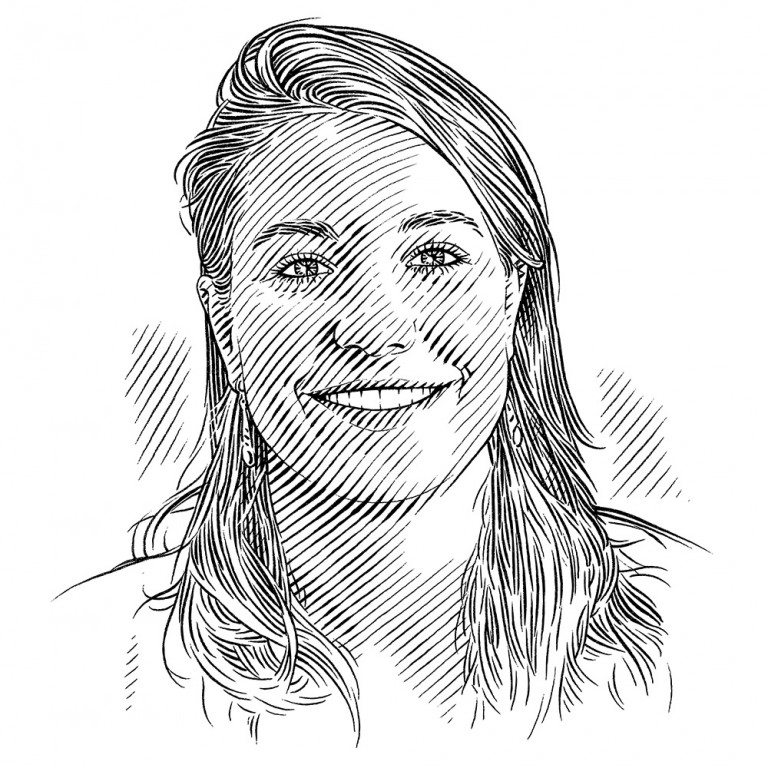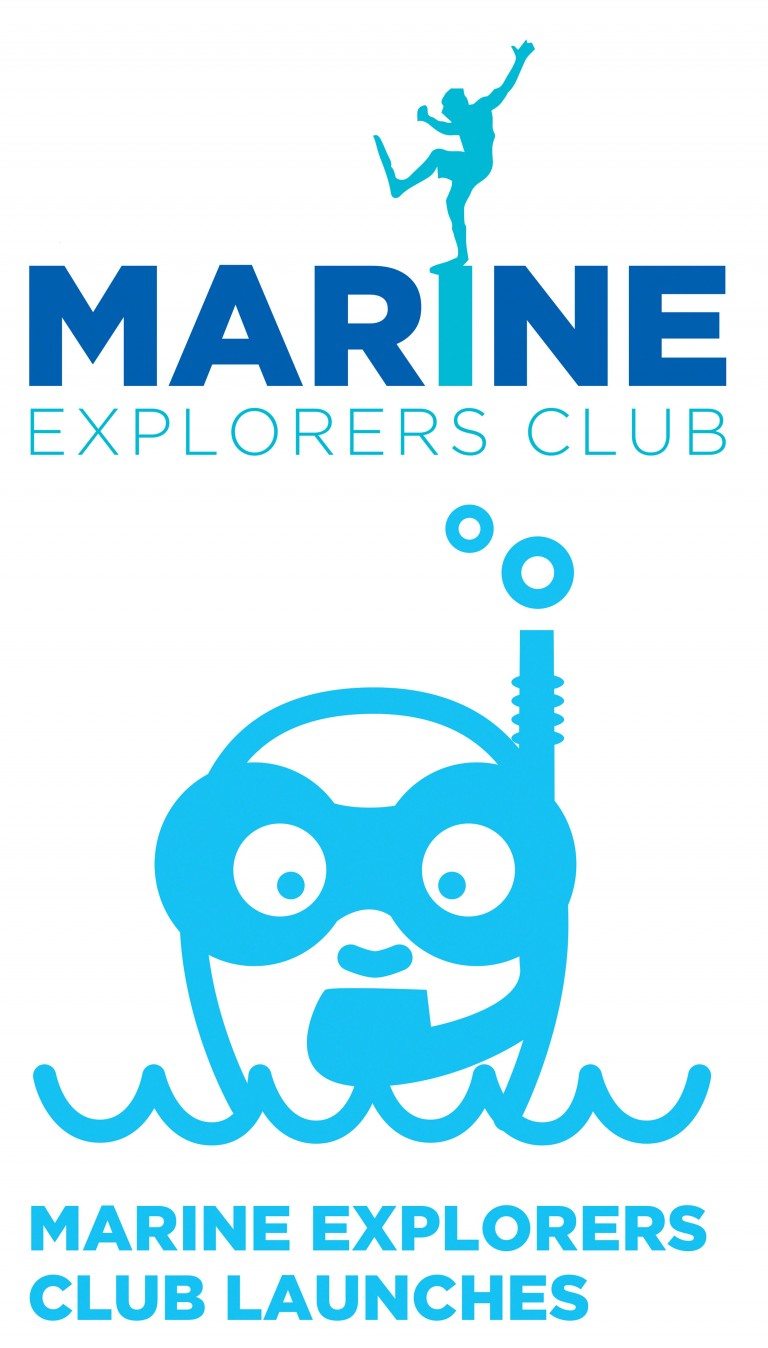Marine Education
Photo by Peter Verhoog
Kalk Bay, the quaint seaside fishing village on the southern end of Cape Town has been home to the Save Our Seas Foundation Shark Education Centre since 2008. Over the past five years, the centre has become a hub for marine education, research and dialogue.
‘People need to know why we need sharks in the sea. We’re surrounded by ocean users in Kalk Bay and many of them don’t know much about conservation. This centre in an awesome resource in a very relevant location,’ explains facilities manager Heidi Thormählen.
The community of Kalk Bay has been determined by rising and falling ocean tides for centuries. The town’s name is derived from the Dutch word for lime. The village’s first residents were 17th-century lime-burners who extracted lime from sea-shell deposits. Later, in the 1840s a Filipino ship was wrecked off Cape Point. The survivors settled in Kalk Bay and it grew into a thriving fishing village. Many colourful commercial boats are still docked in Kalk Bay harbour and tourists visit the town to watch fishermen offloading catches of yellowfin tuna, yellowtail and snoek.
The area is also South Africa’s oldest ocean research and education hub. In 1902 the country’s first Marine Aquarium and Research Station was established in nearby St James. Sadly, the Marine Aquarium was demolished in 1954. It seems very appropriate that the Save Our Seas Shark Education Centre should fulfill this valuable role in modern day Kalk Bay.
In early 2013, the centre refined its mission ‘to connect the public to the marine environment through experiential education programmes focused on sharks and local marine ecosystems, in order to nurture ocean awareness and environmentally responsible actions.’
On most weekday mornings, the building is filled with curious children. Like a huge, gurgling magnet, the aquarium immediately draws them in. They push each other aside to get a better look, pressing their hands and faces up against the glass. ‘They’re just swimming round and round,’ a Grade 2 pupil says dismissively. His friend is indignant: ‘That’s what fish think of the human world. Just walking round and round!’
Paul Millar, the centre’s chief educator loves seeing these kinds of interactions amongst learners: ‘I enjoy being involved in what for many kids is the awakening of a new way of seeing the world as a beautiful and fragile home to be nurtured. For the children who already see the world this way, I enjoy sharing their excitement and fascination for marine life.’
After a 30-minute talk about rock pool ecosystems, the children trail out of the building for a few hours of hands-on rock pool discovery. They are immediately captured by the starfish and try to remember the names of the different species. One little girl squeals, pointing at a purple anemone: ‘It’s like a cup with hair on top!’
Maria Doyle, a teacher at Forres Primary watches as child after child picks something up for Millar to identify and explain. He is careful to ensure that each little sea creature is put back exactly where it is found. ‘This is my favourite outing,’ says Doyle. ‘We used to take them to the aquarium but it’s dark and everything is contrived. Here they really get an interactive, authentic experience.’
The swarm of eight-year-olds is being led closer and closer to the kelp by Millar. One little girl trails at the back, thinking carefully about every footfall. Doyle watches her, ‘It’s funny. She lives 20 minutes from the sea, but I don’t think she’s ever learnt to walk on rocks.’
South Africa’s complex history has created an unjust and largely dysfunctional social structure. It is a country where your education, wellbeing and even understanding of nature are determined by where you fall on a steeply graded socio-economic scale. Walking from one end of Kalk Bay to the other, you will see SLR wielding tourists browsing boutique galleries and chatting in precocious coffee shops. You will also notice barefoot, ragged children banging on homemade instruments and belting out ‘When the Saints go marching in’, in a desperate attempt to earn some money.
With an unemployment rate of 25 percent, many children cannot rely on their parents for food and clothes, let alone an introduction to the natural world and the animals they share it with. ‘Most people from the township are scared of sharks. They tell their children not to go into the sea because they’ll be eaten by sharks,’ explains Zanele Mayiya, the Shark Centre’s assistant educator.
Thousands of Cape Town’s children live within walking distance of the sea but only set foot on the sand once or twice a year at Christmas time. It is a reality that saddens Millar, who believes that marine education is as important for the environment as it is for the children themselves: ‘More and more South African children do not have a direct connection to nature. Apart from the emotional and health benefits of living a life that is connected to the natural world, individuals who grow up engaging with nature are more likely to understand the importance of healthy natural systems and make environmentally responsible choices.’
SOSF Shark Education Centre
Ideally situated at the edge of False Bay in Cape Town, South Africa, the Save Our Seas Shark Education Centre overlooks the ocean and is right on the doorstep of the incredible Dalebrook Marine Protected Area. This unique location enables us to immerse children in experientially focused educational activities.
The SOSF Shark Education Centre is an attraction not to be missed. It boasts a carefully selected collection of state-of-the-art exhibits that ensures that children and adults are able to learn through play and exploration, with each of their different senses engaged. This facilitates a truly immersive and stimulating educational experience while they are having fun.
The Shark Education Centre focuses mostly on sharks, from their diversity and anatomy to their habitats and their role in the ocean. However, there is also a strong emphasis on the unique and special marine ecosystem found in and around False Bay – and sharks are used as a key to unlock more general marine knowledge.
Groups of schoolchildren come through the centre and leave feeling inspired to care about sharks and their ocean habitats. But the centre does not only cater for visiting schools; there are outreach events, holiday clubs, marine awareness camps, marine explorers clubs and many other activities.
The Shark Education Centre also invites the general public to explore its displays. Ultimately, our goal is to ensure that our marine education and conservation messages are spread far and wide.

